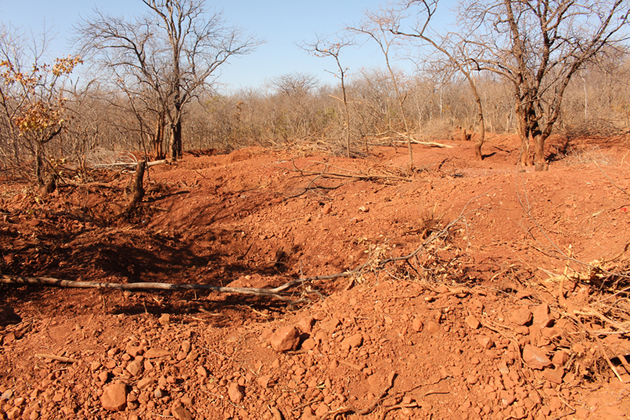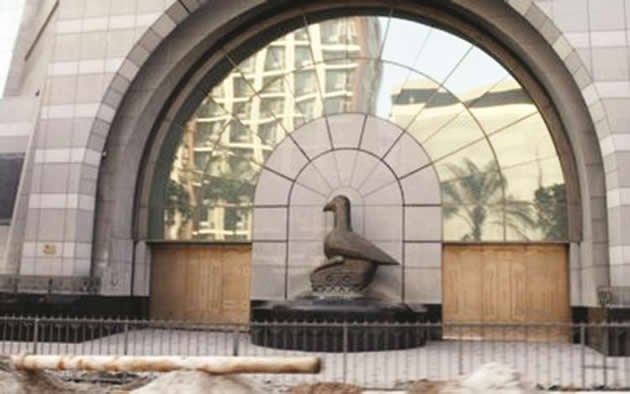Gold panning, a deadly threat to forests

Stanford Chiwanga
GOLD panning operations in Zimbabwe are destroying forests more than we think. Extracting gold is frequently a destructive activity that damages forests and causes problems for people living nearby.
Indeed, Zimbabwe is facing serious threats to its flora and fauna with the country losing an estimated 330,000 hectares of forest every year to human activities.
Poverty presents a serious challenge for proper environmental management and utilisation of natural resources as the poor seek means to sustain themselves by engaging in activities that unintentionally damage the environment.
Climate change-induced poverty has forced many people in most parts of Southern African countries like Zimbabwe to engage in unsustainable environmental activities such as gold panning, poor waste management and wood poaching for tobacco curing and cooking. These activities continue to be the biggest threat to the environment.
The Minister of Environment, Water and Climate Oppah Muchinguri said the government is working on stringent laws to bring to book environmental offenders.
She said continued deforestation caused by tobacco farmers should be reduced by finding other technologies of curing tobacco.
Solar energy, ethanol and coal are some of the alternative energy sources for curing tobacco and can reduce deforestation.
“We need to understand that environmental threats emanate mainly from human activities such as deforestation caused by tobacco farmers and continued poor waste management practices by individuals and organisations. The government is aware of that is working on measures to protect the environment,” she said.
Deforestation has become one of the major issues of concern.
Causes of deforestation include clearing land for farming and cutting trees for wood and tobacco curing.
The demand for firewood as an alternative source of energy in the wake of electricity shortages has been on the increase in the recent years.
Nomsa Moyo, a mother of six, said she resorted to wood for cooking because she cannot afford the prepaid power for all her household’s needs.
“Wood has become a cheaper source of energy for cooking than buying electricity. Pre-paid electricity meters have fueled the use of firewood because the majority of people can’t afford it,” said Moyo.
Many of the forests and woodlands areas countrywide are nearing critical points of depletion pushed by high demand for firewood.
Dr Cornelius Ncube, the chairperson of the Department of Development Studies at Lupane State University said sustainable development can only be attained if there was a controlled use of natural resources. He said the wanton cutting down of trees for firewood by communities across the country remained a threat for the country’s sustainable development.
“Unsustainable developments such as wood poaching and gold panning activities have become worrisome for sustainable development. There’s a need to control and manage the cutting down of trees for firewood or to clear land for mining,” said Dr Ncube.
Chief Shana of Hwange highlighted the need for communities to protect their environment by preserving woodlands and forests through the Communal Areas Management Programme for Indigenous Resources (CAMPFIRE).
He said some animals and tree species were facing extinction due to indiscriminate cutting and uncontrolled hunting.
“As chiefs we urge our communities to safeguard the environment through CAMPFIRE programmes but still there is environmental threats arising from economic hardships the communities are facing. Due to recurrent droughts experienced in the area, many families have resorted to selling firewood to raise money for food while others are into gold panning and sand poaching,” lamented Chief Shana.








Comments